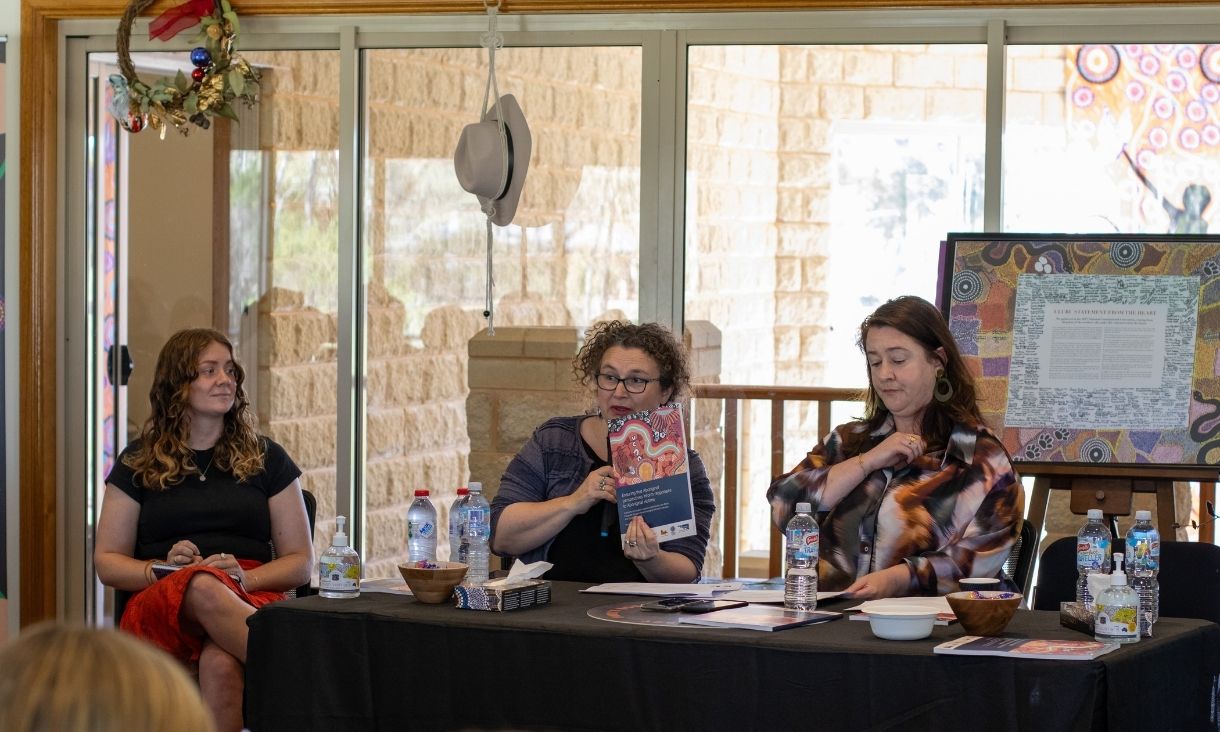The journey of recommending change
Late in 2022, the Federal Attorney-General Mark Dreyfus asked the ALRC to consider reform to Commonwealth anti-discrimination laws in relation to their application to religious schools.
In December 2023 the ALRC completed its Inquiry and delivered its report and its recommendations for reform.
Bromberg said the key question at the heart of the ALRC’s inquiry saw the right to religious freedom in apparent conflict with the right not to be discriminated against based on one’s sexual, marital or gender identity, a question which has continually arisen in public debate over the last decade.
“The underlying issue at the heart of the inquiry was should religious schools in Australia be allowed to discriminate against their students and staff, in order to protect the right of members of the school community to manifest their religion in community with others?” he said.
“Broadly stated, Australia’s federal law currently answers that question with a resounding yes.”
“Is that the right answer? Would a resounding no be the right answer? Are we in black and white territory in which one of the human rights in apparent contest here should always trump the other? Or are we in a grey zone where the human rights which are seemingly in conflict must live in harmony, each accommodating the other?”
After hearing from many stakeholders affected, the ALRC ultimately recommended that the proposal for reform contained in the terms of reference for the inquiry is best implemented consistently with international law by:
Repealing section 38 of the Sex Discrimination Act, which allows religious schools to discriminate against people on the basis of their sex, sexual orientation, gender identity, intersex status, marital or relationship status, and;
Amending the Fair Work Act to allow religious educational institutions in the selection of staff to give preference, in good faith, to a person of the same religion, so long as it is reasonably necessary and proportionate to the aim of building and maintaining a community of faith and does not breach the Sex Discrimination Act.
“The ALRC was satisfied that that proposal could be implemented in a way that promoted and maximised the realisation of human rights,” said Bromberg.
The Justice said he was encouraged by the fact that each of the two opposing camps involved in the controversy at the heart of the ALRC’s Inquiry, were willing to recognise and acknowledge that people should live with dignity and respect.
He concluded that that the ability for people to enjoy the benefits of human rights can only be fully achieved through tolerance and respect for each others’ rights.
“We must all understand that we are only entitled to enjoy those human rights that are dear to us, with tolerance and respect for the human rights of others,” he said.
“If our law reflects that understanding it will provide to all the dignity that as human beings, we are all entitled to be accorded.”
Distinguished Professor Anthony Forsyth – who organised the annual Higinbotham Lecture – thanked Justice Bromberg for delivering the lecture at one of the College of Business and Law’s premier events, which began over a decade ago.
“The Higinbotham lecture is one of RMIT’s most prestigious events and celebrates the legacy of Victorian politician and Chief Justice, George Higinbotham, exploring topical legal issues and the interaction between law and society,” he said.
“On behalf of RMIT and the College of Business and Law, I extend my gratitude to Justice Bromberg for such a comprehensive account of one of the most complex and interesting topics in Australian society today.”
Story: Finn Devlin








